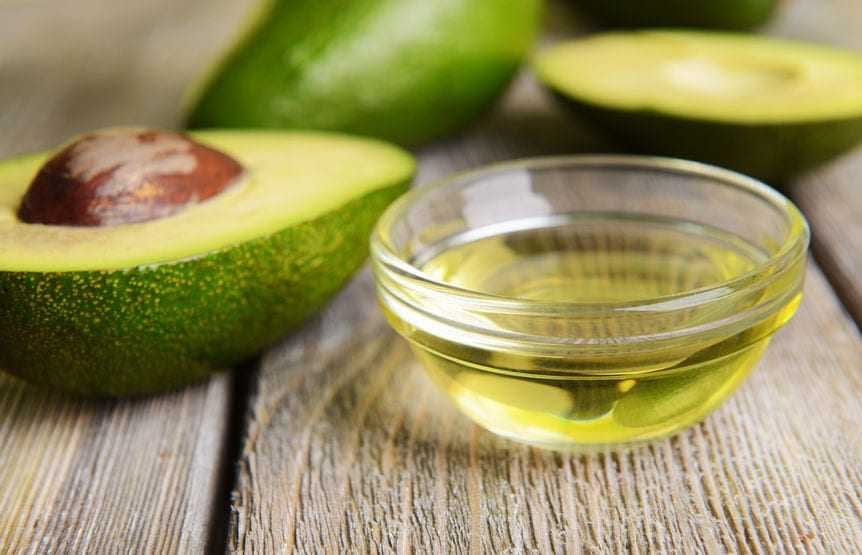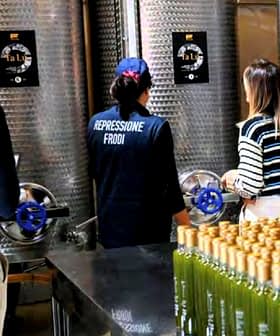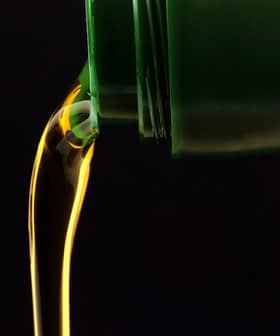 18.5K reads
18.5K readsBusiness
82 Percent of Avocado Oil Adulterated, Mislabeled or Poor Quality, Study Finds

A study by food scientists at the University of California revealed that 82 percent of avocado oil sold in the U.S. was actually a blend of other oils, and some products were almost entirely soybean oil. The researchers called for enforceable standards in the avocado oil industry to protect consumers and genuine producers, emphasizing the need for international regulations similar to those in place for olive oil.
Food scientists from the University of California found that the majority of avocado oil sold in the U.S. was of poor quality, mislabeled or extensively adulterated with cheaper oils.
The scale is of the fraud is horrific. In U.K. and Europe a supermarket tests every product before it goes on the shelf. This is not the case in the U.S. where price is key to a listing decision.
The study on commercially sold avocado oil unveiled some shocking data. The research team found that 82 percent of the “avocado oil” sampled was actually made up of a blend of other oils, and three of the evaluated products were almost entirely comprised of soybean oil.
Selina Wang, co-author of the study told Olive Oil Times she was shocked by the high rate of adulteration. “I was expecting some percentage of adulterants, but not 100 percent,” said Wang. The research team was less surprised by the widespread mislabeling which they attributed to a lack of standards.
See Also:Olive Oil FraudWang said the study demonstrated an urgent need for the introduction of enforceable standards in the avocado oil industry to protect consumers, genuine producers and the industry as a whole.
“I think efforts to establish standards have been made by individual companies, but not as an organized group. A Standard of Identity from FDA or something similar would be very helpful,” the researcher said.
Gary Hannam, CEO of Olivado, the world’s largest avocado oil producer and supplier to over 3,500 outlets in the U.S. echoed Wang’s call for international standards. He said he would like to see legal requirements introduced for avocado oil on a par with those laid down for olive oil.
Hannam said he noticed that the researchers revealed no brand names in the test data, “but we noted that there were no tests done on any oils from New Zealand or Kenya, which indicates that our oils were not included in the tests.”
According to Hannam, fraudulent avocado oil is predominately an “American problem,” as both Canada and Europe already have more established guidelines in place.
“In the U.K. and Europe a supermarket tests every product before it goes onto a shelf. This is not the case in the U.S. where the price is key to a listing decision. A product being ‘true to label’ is essential in the U.K. and Europe. In the U.S., sales volume is essential.”
“Reassuring customers is difficult in the U.S. market where the emphasis on quality and origin of food is not as important to a consumer as in the U.K. and Europe,” Hannam said. “Buyers in U.S. supermarkets are not concerned about quality or provenance either.”
Hannam told Olive Oil Times that widespread fraud in the avocado oil industry made it extremely difficult for genuine producers to operate as they couldn’t compete on price with fake avocado oil producers. He conceded that Olivado had lost accounts because they were unable to compete with cheap adulterated products.
“We have seen a decrease in our sales of extra virgin avocado oil of up to 60 percent in some U.S. sales regions in the past two months. An extra virgin product is four times the price of these fraudulent oils which are usually refined (or not even avocado oil). As with olive oil, there is a marketplace for extra virgin and refined avocado oils. But even refined avocado oils cannot compete with these fraudulent oils on price.”
Wang said that, while some producers were financially motivated to pass off cheaper blended products as avocado oil, many bulk buyers who simply purchased avocado oil from producers were unaware of the product’s risk of adulteration caused by the lack of standards.
The UC Davis study confirmed findings from avocado oil producers’ own independent surveys of the market.
Hannam explained his company’s strategy for tackling the chaos caused by avocado oil fraud.
“Olivado and a number of other avocado oil producers and their national governments are working to establish a Codex Alimentarius standard for extra virgin and refined avocado oils. This will give an international legal framework for ‘true to label’ requirements and analyses.”
“We are starting a process of testing all avocado oils our supermarket customers are selling so we can provide them with scientific results,” he added. “Our hope is that they will recognize that high sales of fake products are not a great service to their customers.”
The UC Davis food scientist advised shoppers to purchase smaller bottles of avocado oil which can be consumed while still fresh and to store the product in a cool dark cupboard. She also recommended purchasing oil that’s closest to its harvest/production time rather than relying on “best before” dates.
“Consumers should recognize the flavor of fresh virgin avocado oil, which can differ by varieties and product origins,” Wang suggested. “Grassy, buttery, mushroom-like and avocado flavor are common descriptors of authentic and fresh extra virgin avocado oil.”
Virgin avocado oil should be green in color while refined oil is light yellow or almost clear as pigments are removed during the refining process.
Wang also reminded consumers that even high-quality avocado oil can turn rancid over time, which can be detected from its stale odor.
“I hope this report jumpstarts important work around standards development for the avocado oil industry so consumers can enjoy this product with confidence and the market is fair for honest producers and buyers to compete,” Wang said.
The research team from the UC Davis Department of Food Science & Technology has pledged to continue investigating faster and affordable methods to detect avocado oil adulteration.







